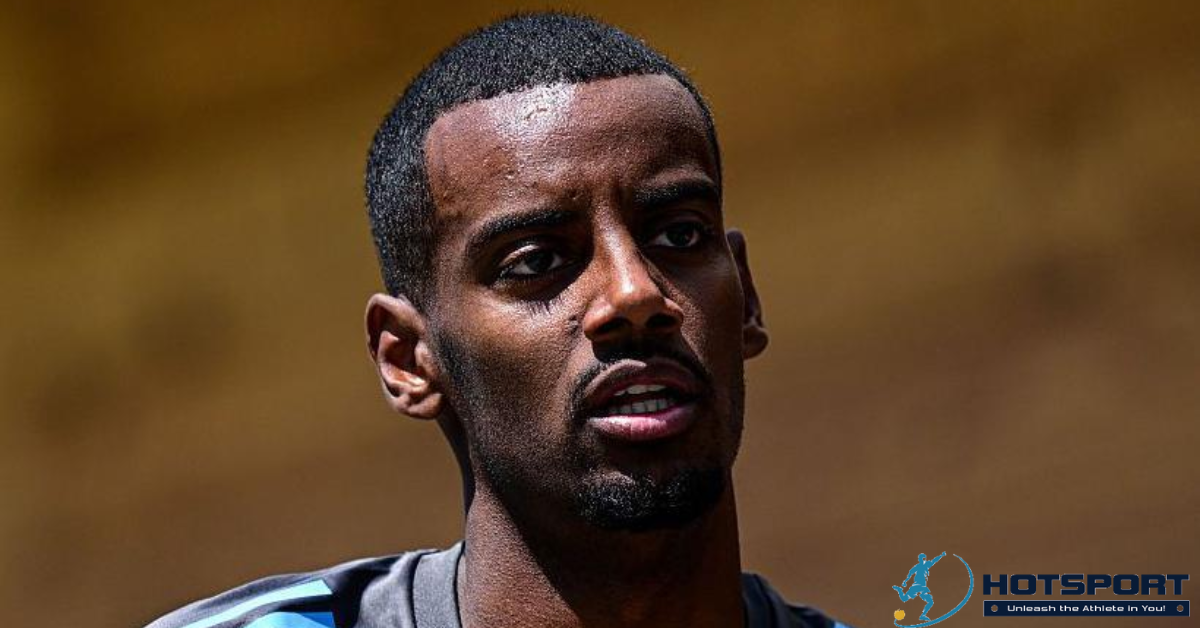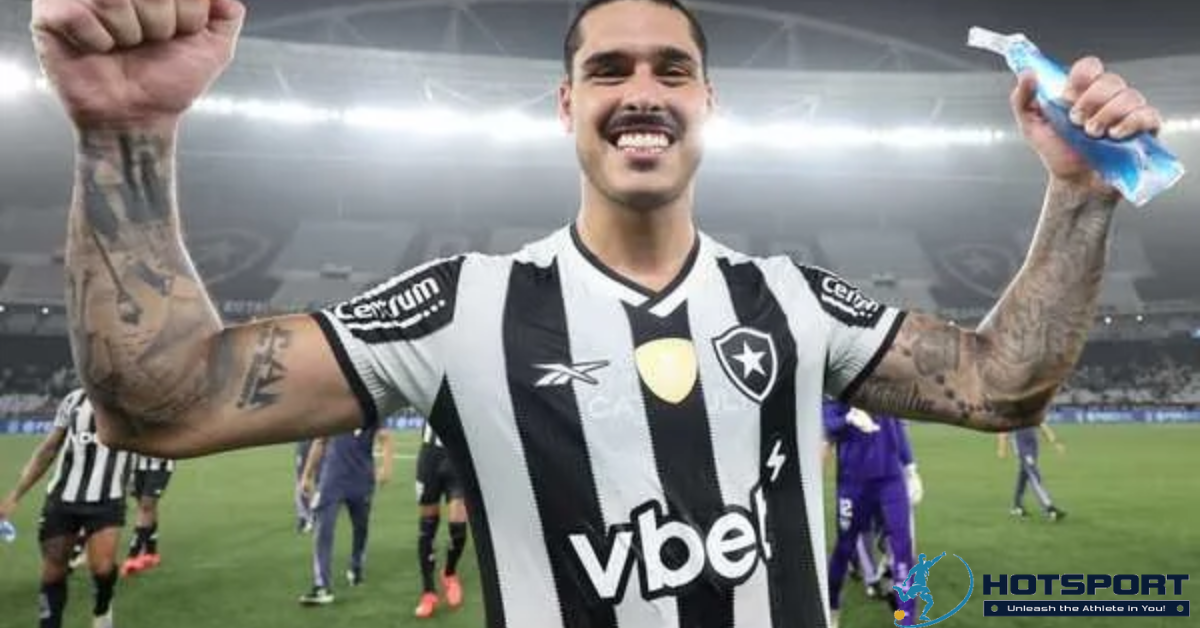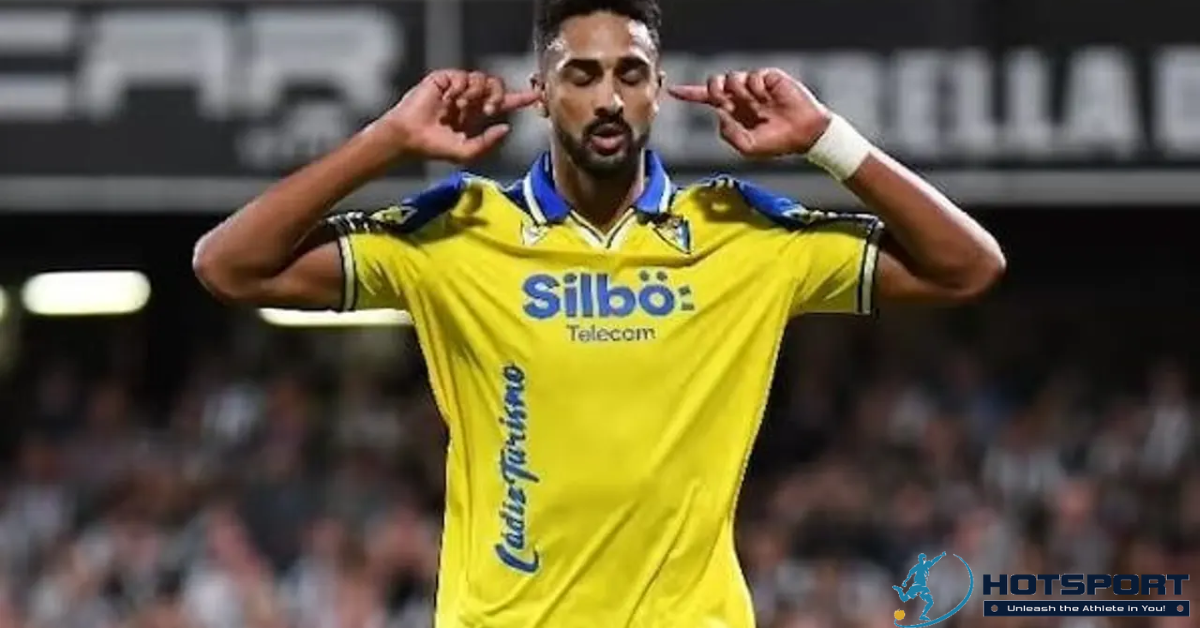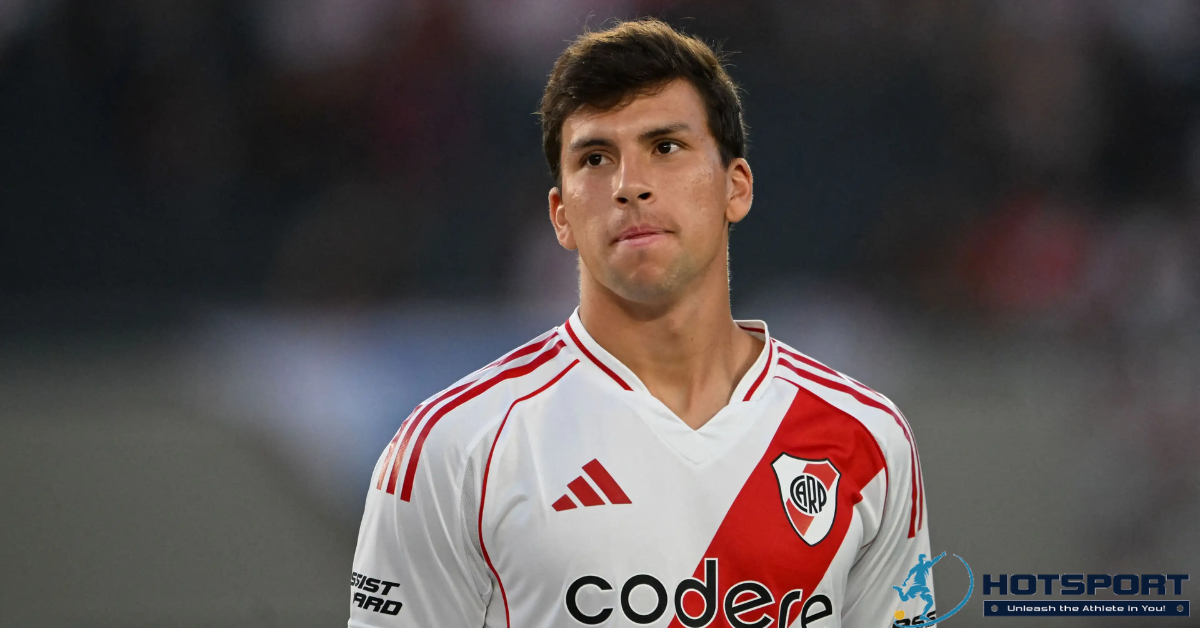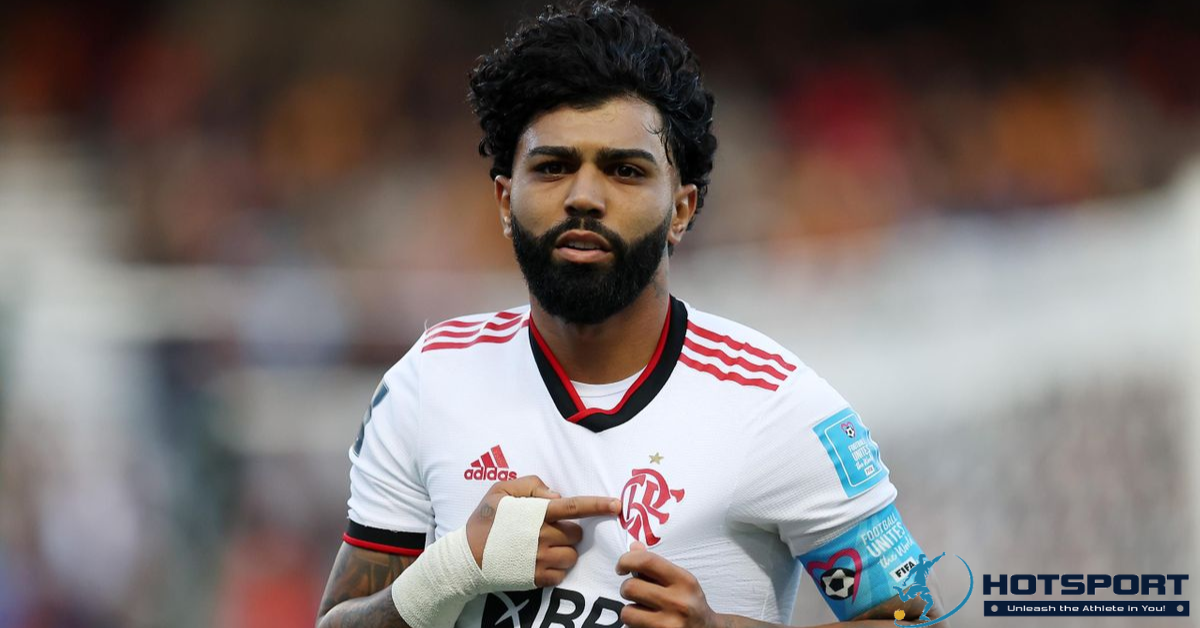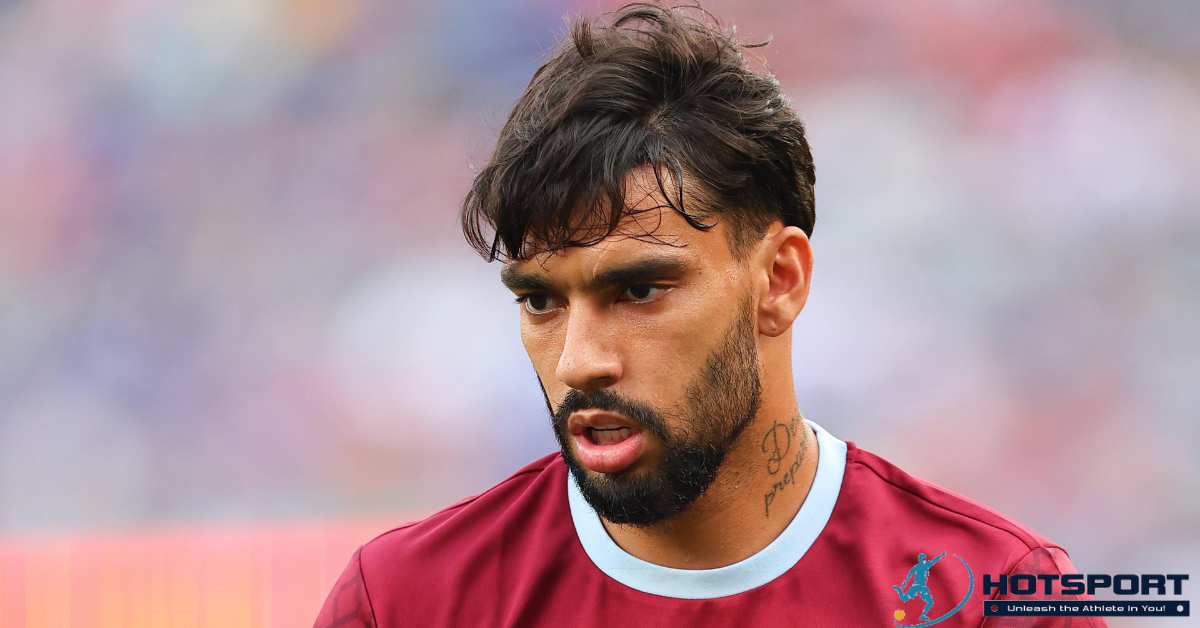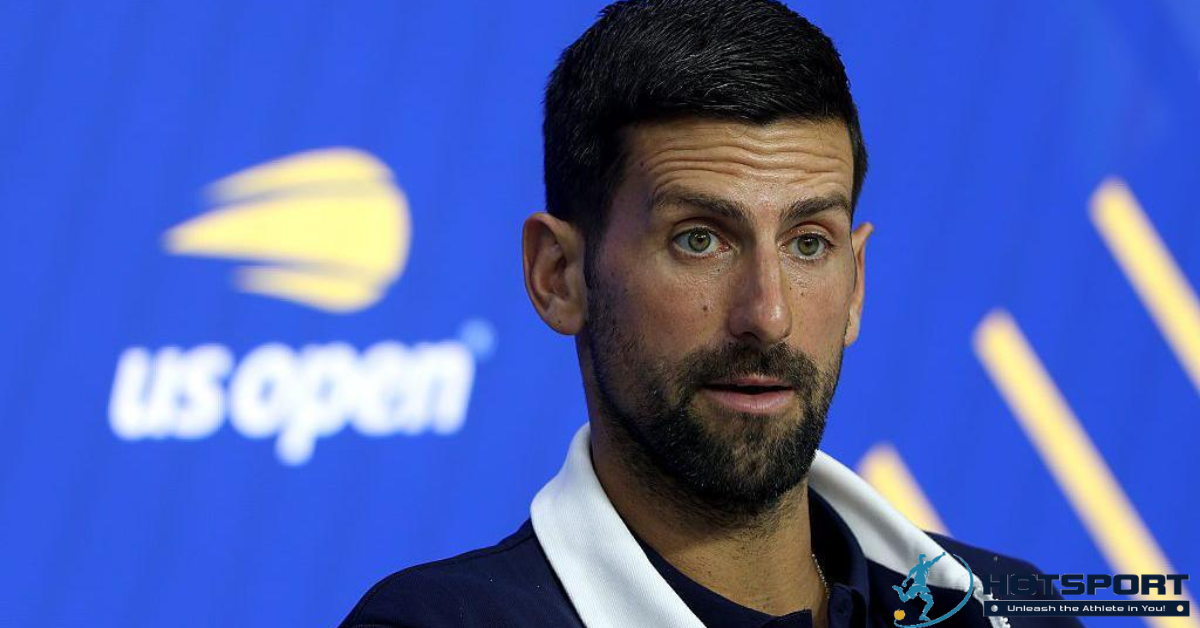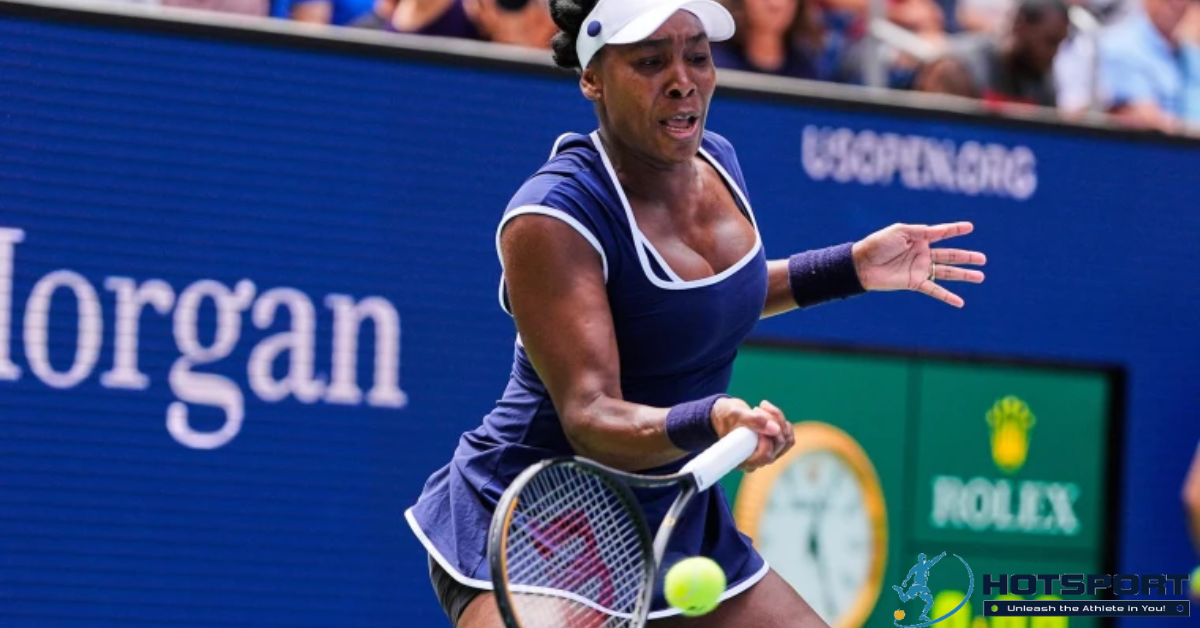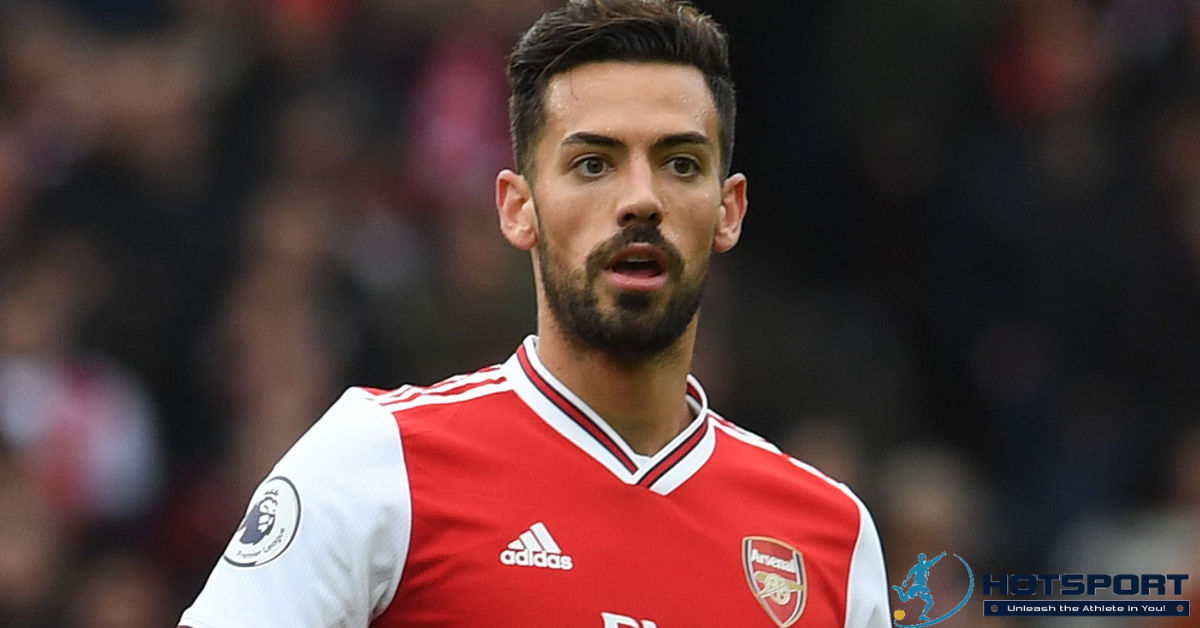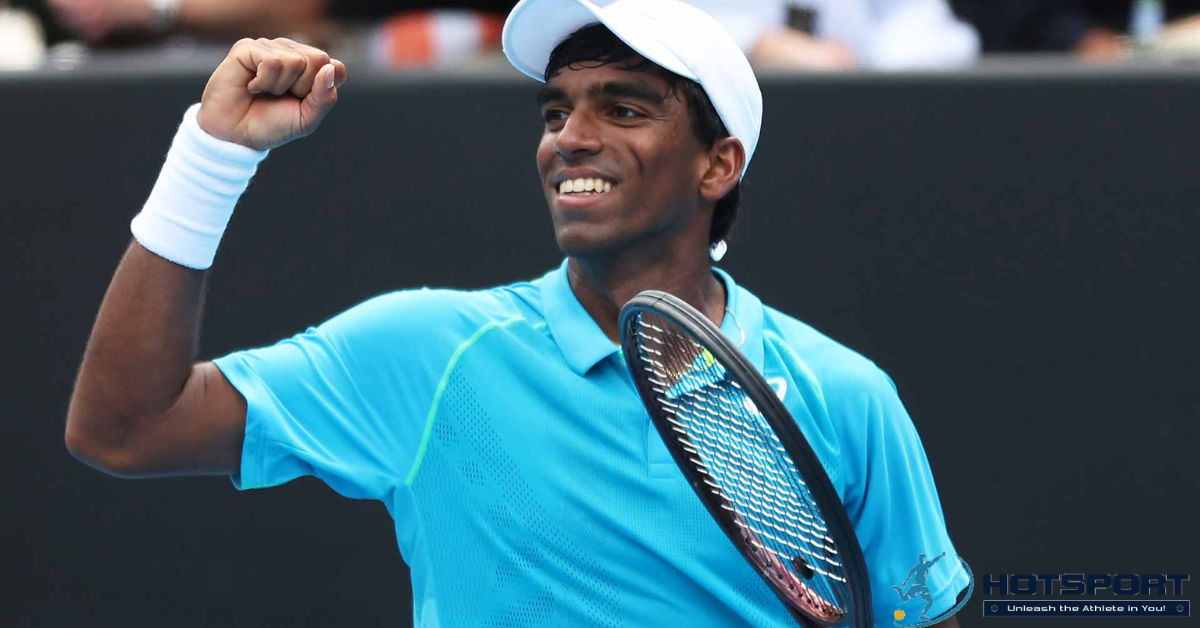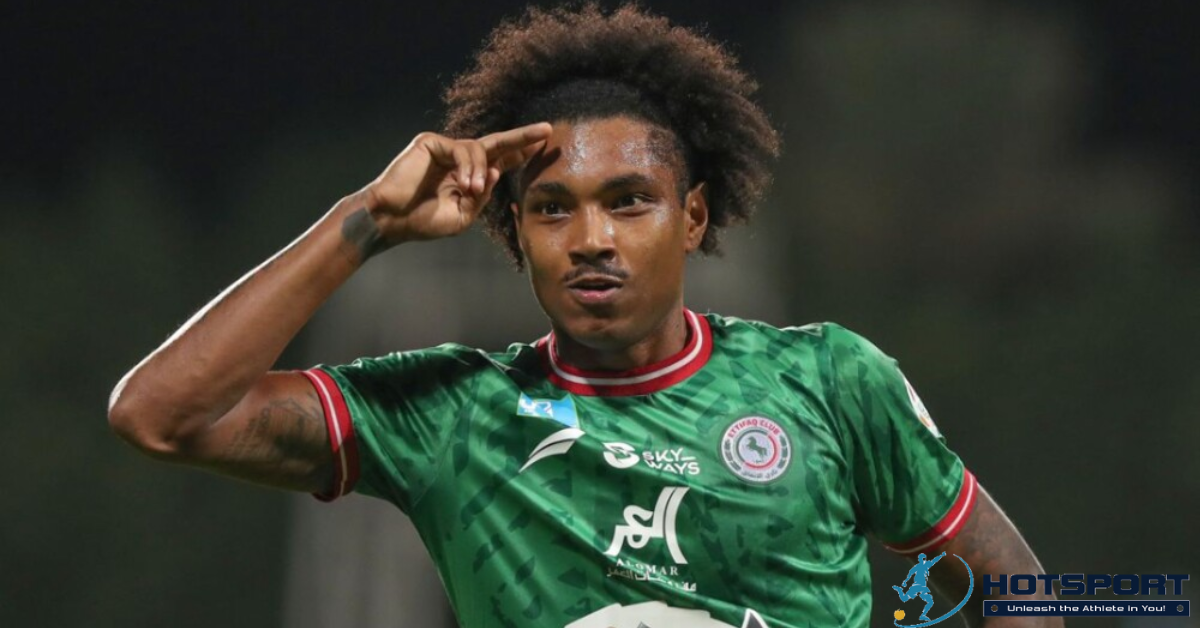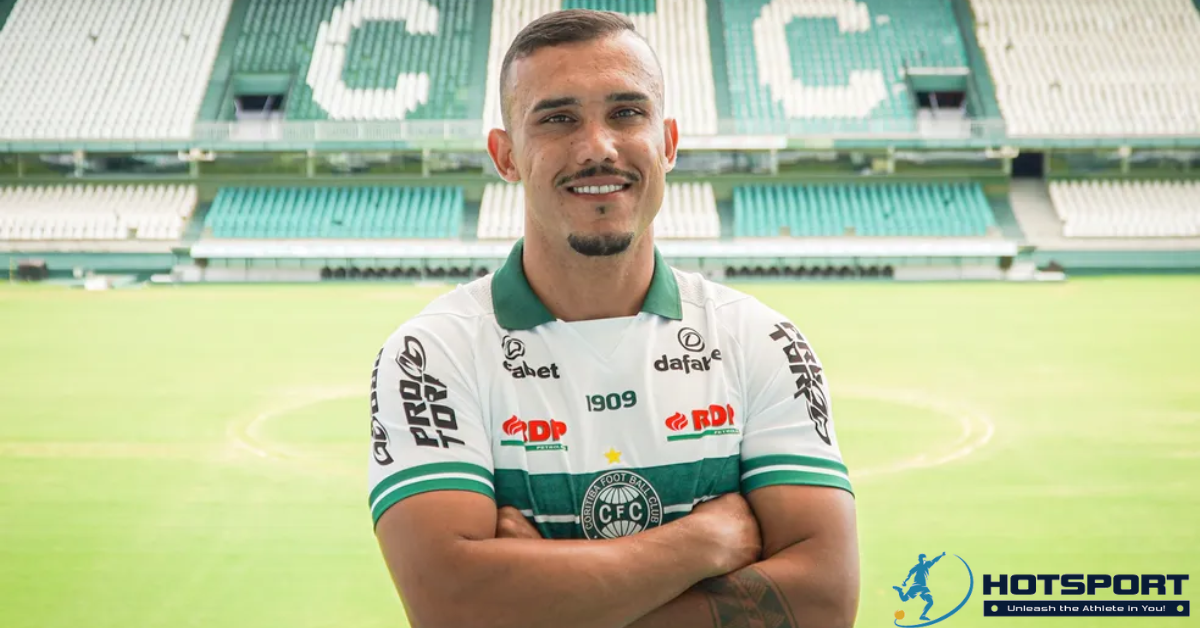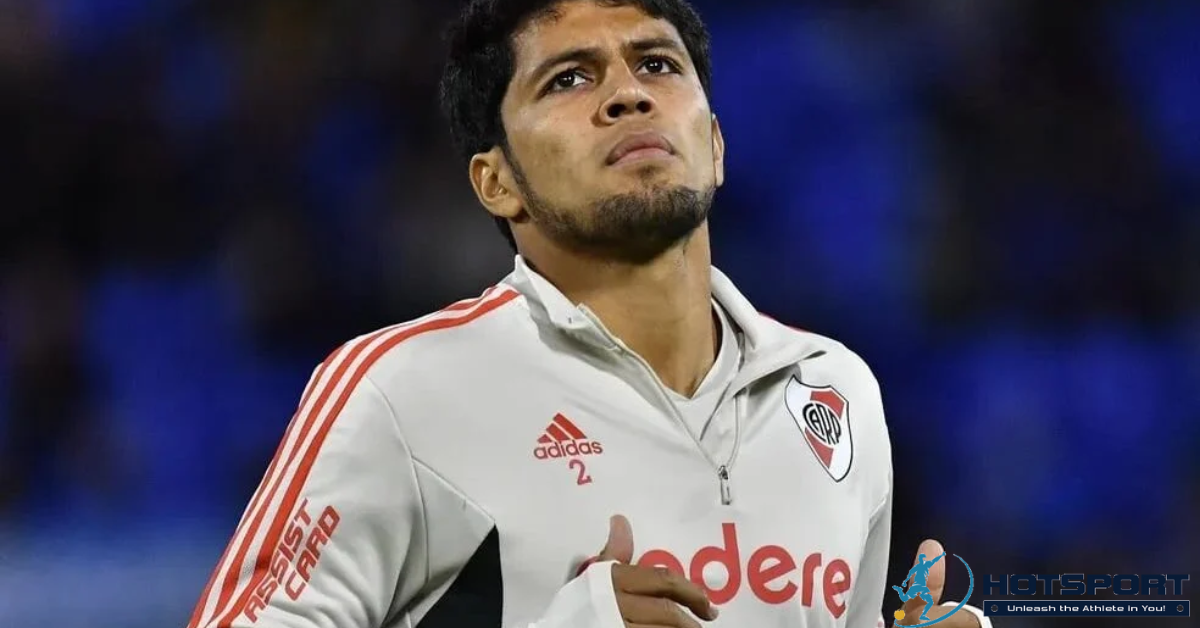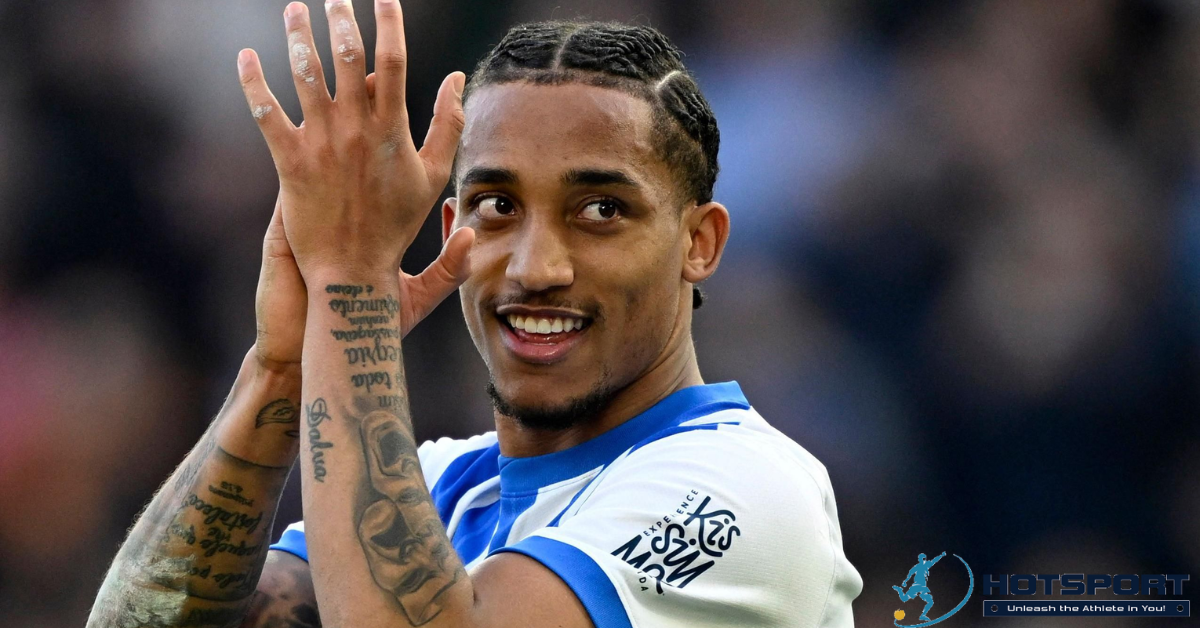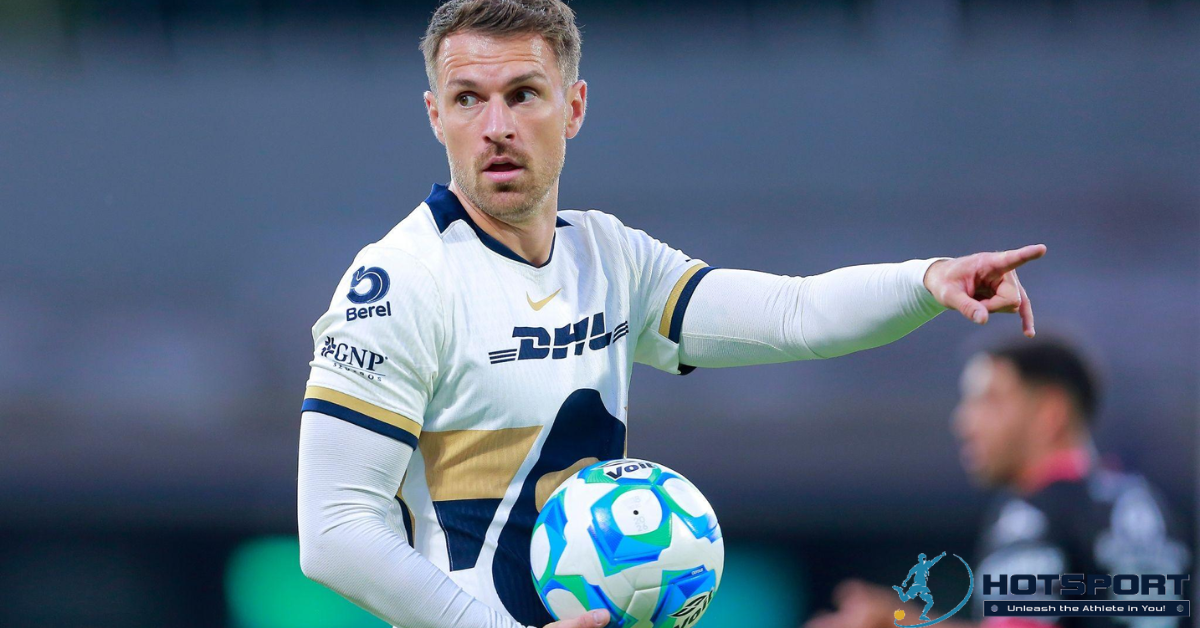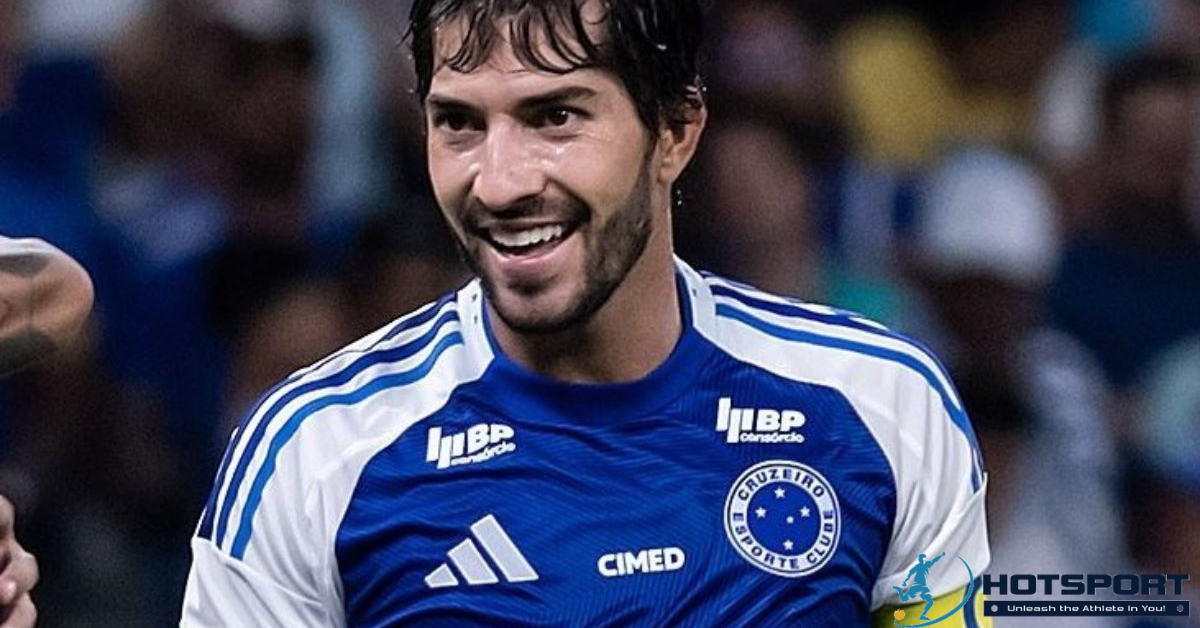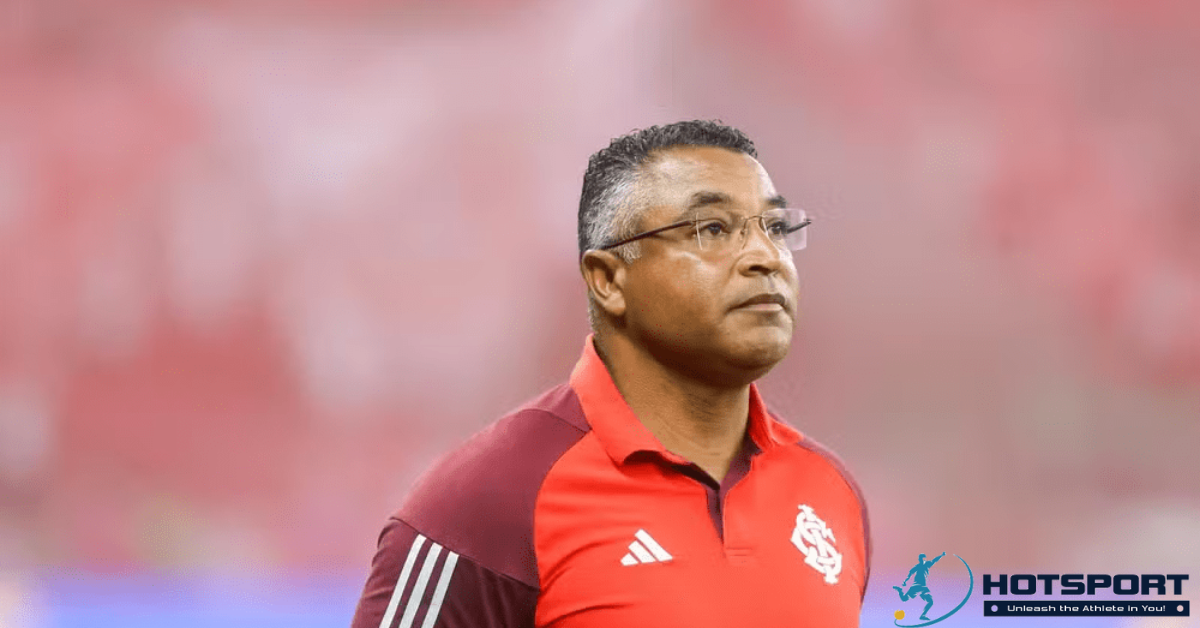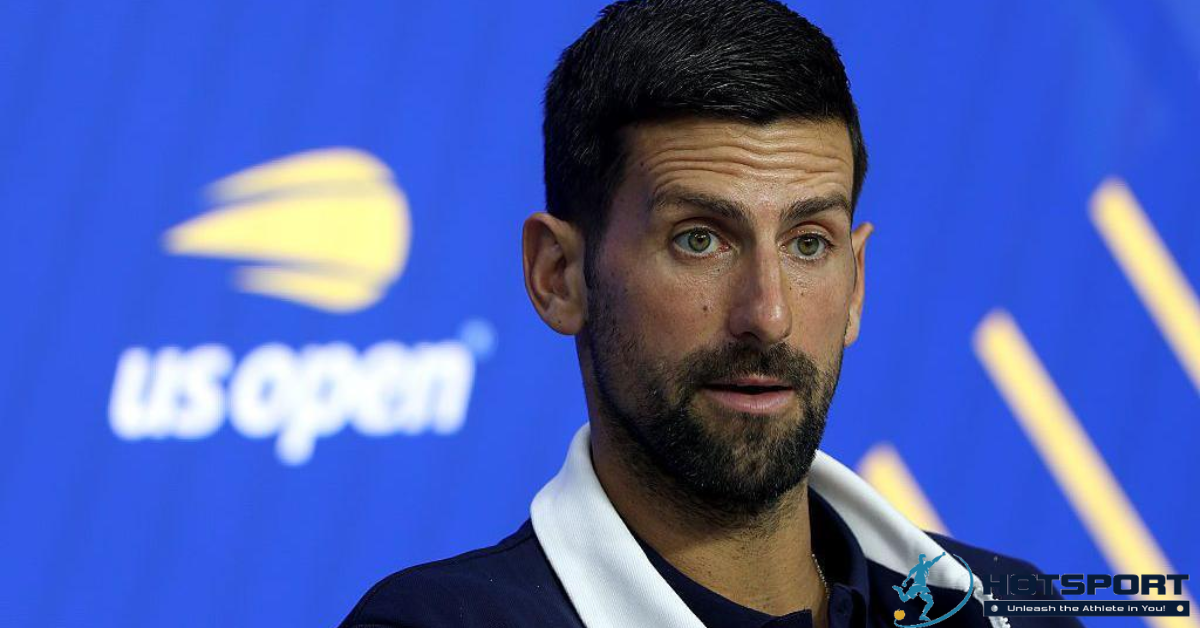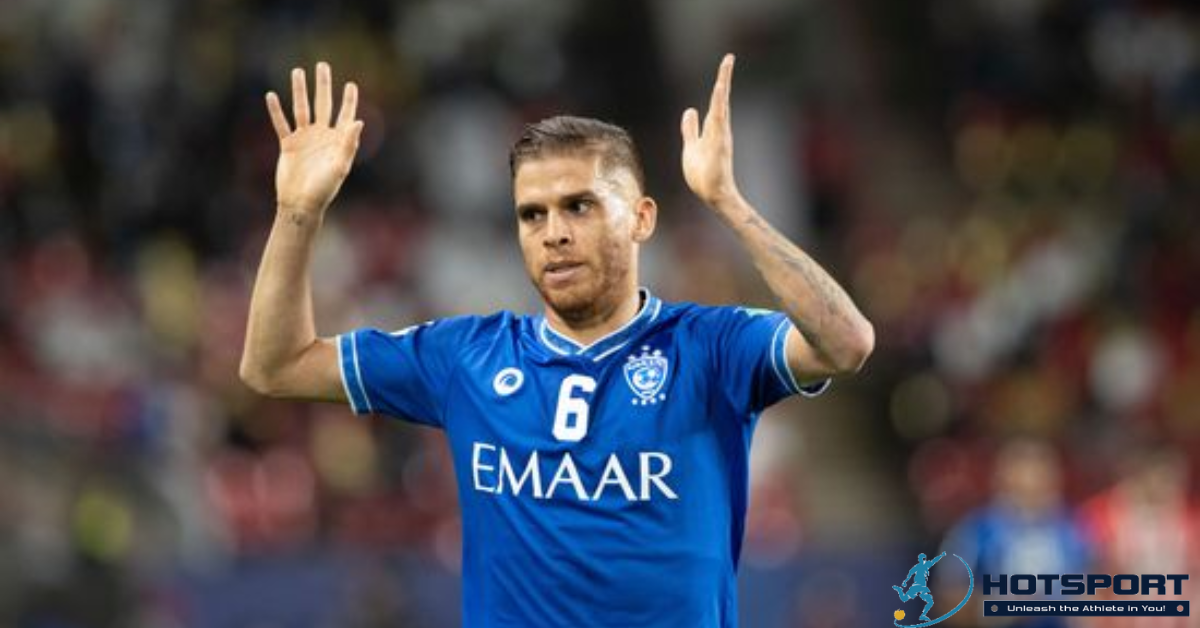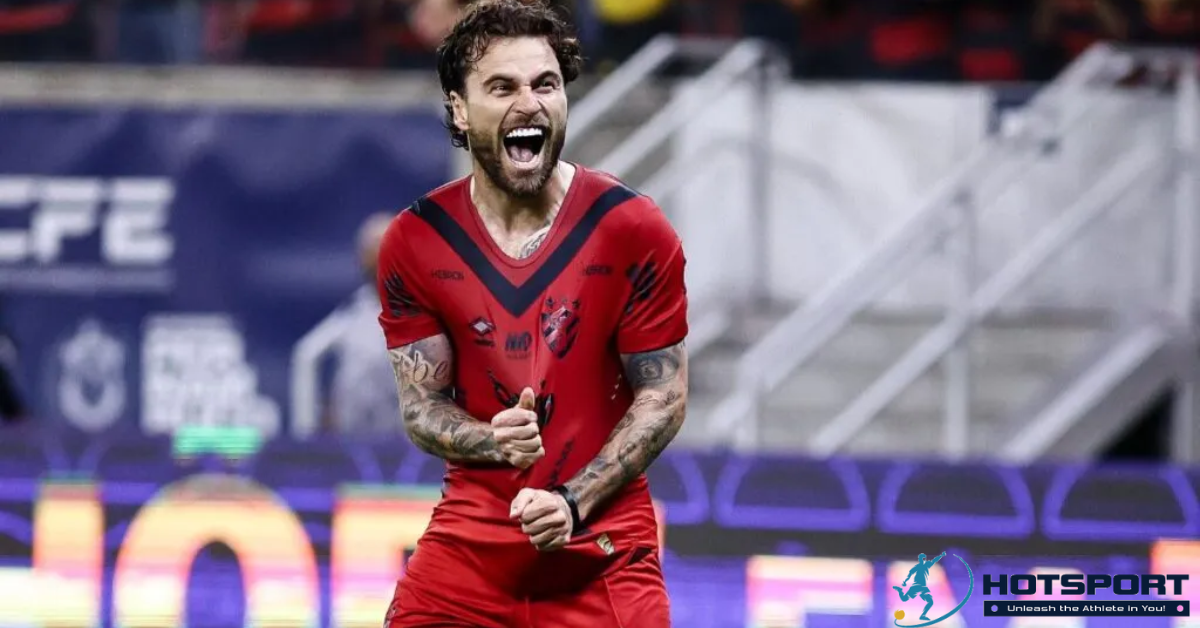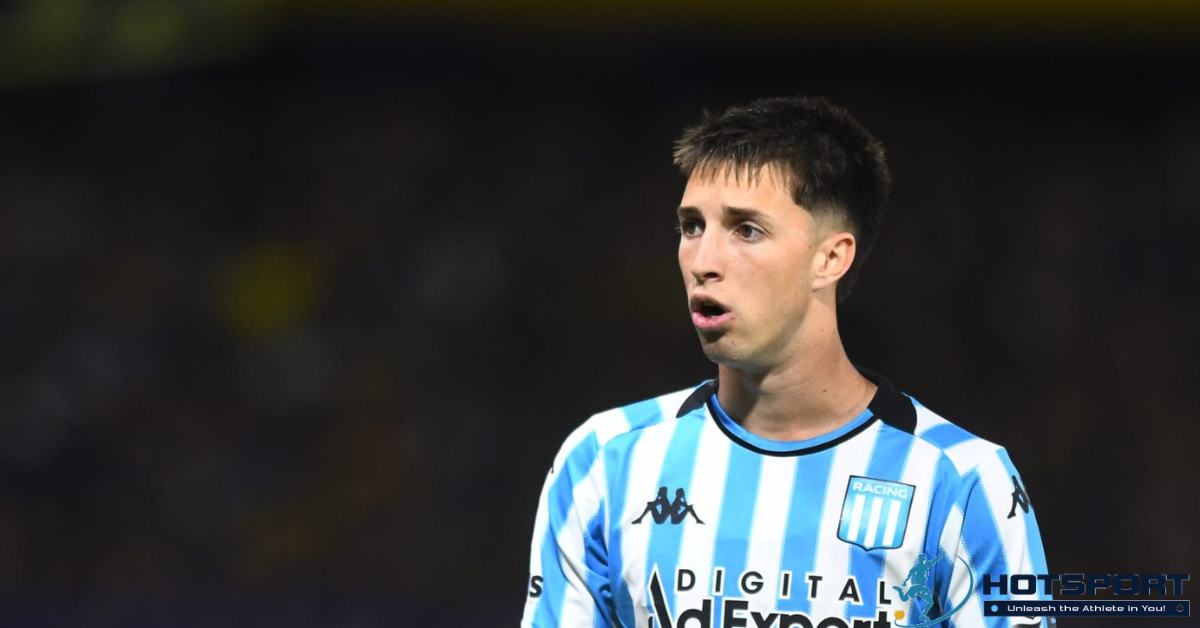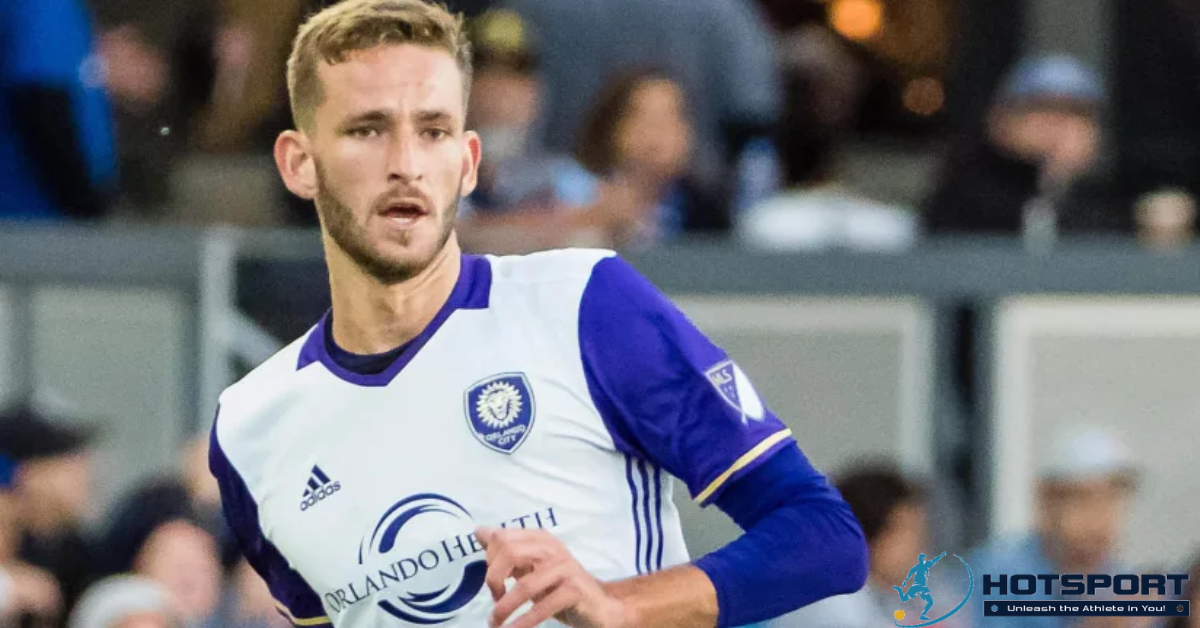Alexander Isak: The Rising Swedish Football Star
Alexander Isak, born on September 21, 1999, in Solna, Sweden, is one of the most promising strikers in world football. With his technical skill, speed, and goal-scoring instinct, he has earned prominence in European clubs and the Swedish national team. This article traces Isak’s journey from his early days in football to his rise as a Premier League star, highlighting his significance on the global sporting stage.
Early Career: Roots in Solna
Origins and Childhood
Alexander Isak was born in Solna, near Stockholm, to Eritrean parents. His connection to football began early, joining the youth academy of AIK, one of Sweden’s biggest clubs, at the age of six. Growing up in a multicultural environment shaped his identity, and his passion for the sport saw him quickly stand out among young players.
Debut at AIK
At 16, Isak made his professional debut for AIK on February 28, 2016, in a Swedish Cup match against Tenhults IF. He scored in a 6-0 victory, showcasing his finishing ability early on. On April 7 of the same year, he became the youngest player to score for AIK in the Allsvenskan, Sweden’s top league, netting against Östersunds FK at 16 years and 199 days, etching his name in the club’s history.
On September 21, 2016, his 17th birthday, Isak scored twice in a 3-0 win against rivals Djurgårdens IF, ending AIK’s 17-year drought in the derby. His teammate Chinedu Obasi compared him to Zlatan Ibrahimović, calling him “the new Zlatan.” Though bold, the comparison reflected the impact Isak was already making in Swedish football.
Transfer to Borussia Dortmund
A Leap to Europe
Isak’s stellar performances at AIK attracted attention from major European clubs. In January 2017, Borussia Dortmund, known for developing young talent, signed him for around €10 million, a record for the Allsvenskan at the time. Isak turned down offers from clubs like Real Madrid, choosing Dortmund for its reputation as a nurturing environment for his growth.
Challenges in Germany
Isak debuted for Dortmund on March 14, 2017, in a 3-0 win against Sportfreunde Lotte in the German Cup, coming on as a substitute in the 86th minute. His first goal for the club came on October 24, 2017, in a 5-0 thrashing of Magdeburg, also in the German Cup. However, he struggled to secure a regular spot in the first team due to strong competition and his lack of experience.
In 2018, with limited opportunities at Dortmund, Isak was loaned to Willem II in the Dutch Eredivisie, where he began to showcase his potential. He scored 14 goals in 18 matches, including three penalties in a single game against Fortuna Sittard, becoming the first player in Eredivisie history to achieve this feat. His stint in the Netherlands was pivotal in rebuilding his confidence and proving he could compete at a high level.
Shining at Real Sociedad
A New Home in Spain
In June 2019, Isak signed a five-year contract with Real Sociedad in La Liga. His competitive debut was marked by a goal against RCD Espanyol in September 2019. During pre-season, he impressed by scoring four goals in five matches, demonstrating his ability to adapt to Spanish football.
Achievements and Highlights
In the 2019-20 season, Isak played a key role in Real Sociedad’s Copa del Rey triumph, their first in 34 years. He scored twice and provided an assist in a 3-2 victory over Real Madrid in the quarterfinals. On February 9, 2020, he netted the winning goal in the Basque derby against Athletic Bilbao.
On February 21, 2021, Isak scored his first La Liga hat-trick in a 4-0 win against Deportivo Alavés, becoming the first Swede to do so since Henry Carlsson in 1949 for Atlético Madrid. Over his time at Real Sociedad, Isak played 132 matches and scored 44 goals, establishing himself as one of La Liga’s top strikers.
Arrival at Newcastle United
A Record-Breaking Transfer
In August 2022, Newcastle United signed Isak for approximately £63 million, the club’s record transfer fee. He signed a contract until June 2028 and chose the number 14 shirt. His debut came five days later in a 2-1 loss to Liverpool, where he scored his first goal for the Magpies in the 38th minute.
Impact in the Premier League
In the 2023-24 season, Isak scored a brace in a 5-1 win against Aston Villa in Newcastle’s opening match. On April 13, 2024, he matched Zlatan Ibrahimović’s record for the most goals by a Swede in a single Premier League season, scoring twice in a 4-0 rout of Tottenham. Two weeks later, he broke the record with another brace in a 5-1 win over Sheffield United. Isak finished the season as the Premier League’s third-top scorer with 21 goals, behind only Erling Haaland and Cole Palmer.
On December 21, 2024, Isak scored his first hat-trick for Newcastle in a 4-0 victory over Ipswich Town. His first goal, scored after just 25 seconds, was the fastest in the club’s history. As of September 2025, Isak has 62 goals and 11 assists in 109 matches for Newcastle, cementing his status as one of the world’s best strikers.
Swedish National Team
Historic Debut
Isak debuted for Sweden in January 2017 in friendlies against Ivory Coast and Slovakia. Against Slovakia, he scored in a 6-0 win, becoming Sweden’s youngest-ever goalscorer at 17. Since then, he has earned over 50 caps and represented Sweden at Euro 2020.
Partnership with Gyökeres
In the national team, Isak forms a lethal partnership with fellow striker Viktor Gyökeres. In 2025, Isak praised his teammate, telling Swedish newspaper DN: “It’s incredibly fun to have a player like Gyökeres in the national team. He’s at an incredibly high level.” Together, they led Sweden to the top of Group 1 in the UEFA Nations League C, with Isak contributing goals and assists.
Playing Style and Characteristics
A Complete Striker
Isak is renowned for his versatility as a center-forward. Tall, athletic, and fast, he combines physical strength with refined technique. His ability to hold up play, dribble in tight spaces, and finish with precision makes him a nightmare for opposing defenses. Former Swedish player Erik Edman stated in 2021 that Isak is “technically superior” to Erling Haaland, emphasizing his ability to play as a mobile number 9.
Comparisons to Ibrahimović
Comparisons to Zlatan Ibrahimović are inevitable, but Isak has his own identity. While Zlatan was known for his imposing physical presence and acrobatic goals, Isak stands out for his speed, tactical intelligence, and playmaking ability. His humility and focus also set him apart, as he avoids engaging with transfer rumors to concentrate on his on-field performance.
Controversies and Newcastle Saga
Tensions with the Club
In 2025, Isak’s relationship with Newcastle became strained. After the club rejected a £110 million offer from Liverpool, Isak publicly expressed frustration, citing “broken promises” made behind the scenes. He was spotted training at Real Sociedad’s facilities without Newcastle’s permission, leading manager Eddie Howe to exclude him from the squad for the 2025-26 season opener. Newcastle legend Alan Shearer criticized Isak’s agent, calling the situation “a mess” and questioning the lack of a release clause in his contract.
Interest from Liverpool and Al-Hilal
Liverpool have shown strong interest in Isak, with speculation of a potential €150 million bid. Al-Hilal from Saudi Arabia, linked to Newcastle through the Public Investment Fund (PIF), also emerged as a possible destination. As of September 2025, Isak’s future remains uncertain, but his undeniable quality makes him one of the most sought-after players in the transfer market.
Legacy and Future
A Rising Star
At 25, Alexander Isak has already achieved remarkable feats, including Premier League and Swedish national team records. His journey through clubs like AIK, Borussia Dortmund, Willem II, Real Sociedad, and Newcastle reflects his ability to adapt and evolve. He is seen as part of a “golden generation” of Scandinavian strikers, alongside names like Erling Haaland and Viktor Gyökeres.
What Lies Ahead?
Isak’s future hinges on his transfer decisions and on-field performances. Whether he stays with Newcastle, joins Liverpool, or moves to another top club, he has the potential to become one of the greatest strikers of his generation. His blend of technique, speed, and goal-scoring instinct places him in a rare category, and fans eagerly await how far he can go.
Conclusion
Alexander Isak is more than a promising talent; he is a reality in world football. From his meteoric debut at AIK to his consecration in the Premier League, he has proven himself a complete player capable of deciding matches and breaking records. Despite recent controversies, his dedication to the sport and his impact on and off the pitch make him an inspiring figure. For football fans, watching Isak’s career is witnessing the rise of a legend.

